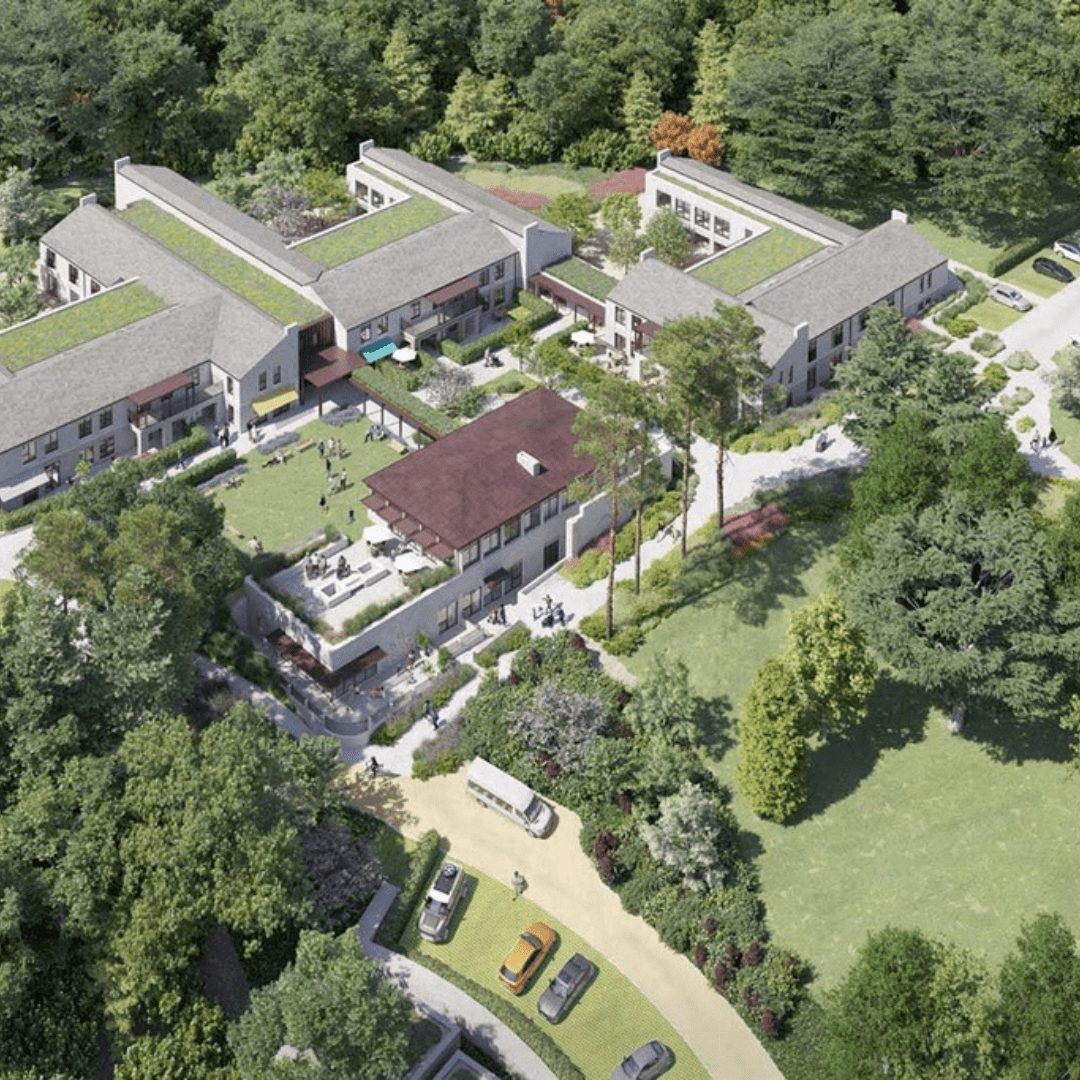Rowcroft Hospice CEO urges government backing for dementia care project
Rowcroft Hospice’s CEO Mark Hawkins has written to Health Secretary Wes Streeting urging the government to back a ground-breaking dementia care initiative in Torbay and South Devon that could serve as a national model.
The proposed Lavender Square development is set to become a pioneering, AI-enabled dementia and complex nursing home designed to tackle the rapidly growing demand for specialist care in Devon – one of the areas with the highest proportion of over-85s in the country. All profits generated from the development will be reinvested into further dementia and palliative care services across Devon.
Urgent need for action as demand rises
“Devon’s ageing population means we’re seeing a significant and growing need for specialist dementia care,” said Mr Hawkins. “With a 69% rise in over-85s expected in Torbay and South Devon by 2043, we’re calling for urgent investment in long-term solutions that will enable people with dementia to live with dignity, purpose and independence. If we don’t act now, the pressure on families, local services and the NHS will become unsustainable.”
Community-centered, innovative design
Lavender Square will feature a 60-bed, state-of-the-art dementia care facility, inspired by the internationally acclaimed De Hogeweyk model. Emphasising community, independence and purposeful living, the site will offer accessible shared spaces such as a gym, cinema, library and restaurant to create a lively, inclusive environment. Additionally, an onsite children’s nursery will encourage meaningful, intergenerational connections between residents and local children.
A key part of the project’s innovation lies in its use of artificial intelligence. Developed in partnership with Life Sentinel AI, Amazon Web Services, Edge Impulse, local care home managers, nurses, an NHS dietician and the University of Plymouth, the AI-enabled care model is designed to be ethical and to enhance – not replace – the human side of care. It offers new ways to keep residents safe, healthy and more independent for longer. For example, smart door systems using AI will allow residents to move freely and safely between different areas. Also in development is an AI-powered hydration monitoring system that can detect how much residents are drinking – without the need for wearable devices or special cups. This revolutionary advancement is especially valuable for people living with dementia, who may forget to drink regularly or be unable to express when they’re thirsty. By helping care teams spot early signs of dehydration, this technology will support more proactive, preventative healthcare.
A call for government support
“Lavender Square is not just a care home,” added Mr Hawkins. “It’s a vision for the future – combining compassion, innovation and sustainability. But we can’t make it happen alone. We need government support to unlock its potential.”
With planning permission secured, the project is expected to create over 100 direct jobs and significantly reduce long-term costs to the NHS and local authorities.
Mr Hawkins has urged the government to back the initiative through the Community Regeneration Partnership funding scheme. If approved, the facility could be operational within two years.

